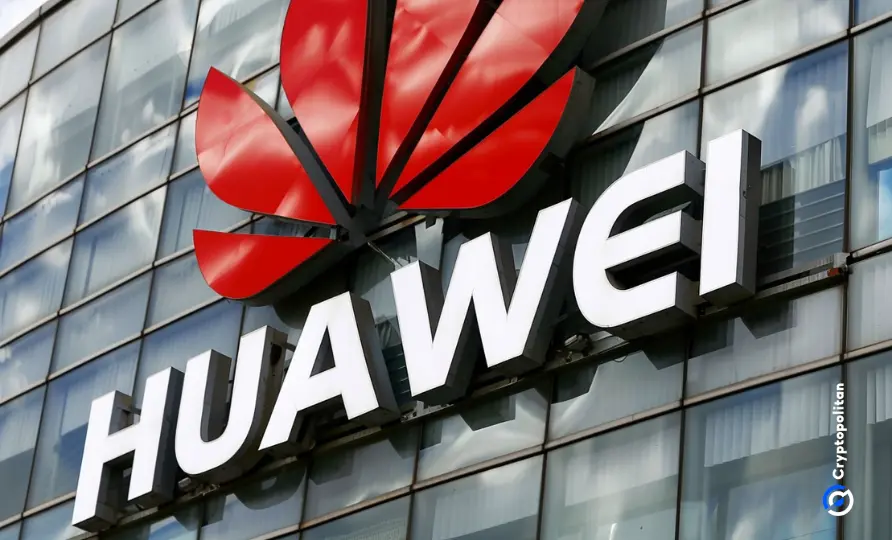Taiwan Semiconductor Manufacturing Company (TSMC) has informed the U.S. government about a potential attempt to manufacture artificial intelligence (AI) chips for Huawei, a Chinese technology group, in violation of export controls.
The US Department of Commerce is currently investigating whether TSMC has violated the export controls by making chips for AI or smartphones for Huawei. It has been reported that, most recently, TSMC alerted the Commerce Department when a client ordered a chip similar to Huawei’s Ascend 910B. This processor is specifically intended for large language model training and may be subject to the existing US sanctions.
Before the U.S. sanctions, TSMC produced a version of the 910B chip known as the 910 TSMC is a contract chipmaker company and the largest in the world that is involved in the production of high-end chips.
The US government has imposed a large number of export sanctions to restrict Chinese firms from acquiring advanced semiconductors, with Huawei as one of the targets of such measures. The restrictions include a ban on the use of US technology or equipment by global chip makers for chips.
The restrictions are not only limited to Huawei but also to other Chinese technology companies, which has led to a rise in Chinese AI patent applications. According to recent reports, there has been a rise of 42% in such filings for the years 2023-24 due to China’s push towards self-reliance in technology.
TSMC addresses compliance and past actions
In the official statement, TSMC assured us that it would follow all the rules and regulations, including export controls. The company said it stopped shipping products to Huawei in mid-September 2020.
Though TSMC and the Commerce Department have been in communication regarding the recent order, it has been reported that TSMC will not be the subject of an investigation. The situation is being considered as preventive in order to provide the necessary control over the process, not as a violation of the rules.
If the investigation concludes that TSMC committed the offence of violating the sanctions, the company could face serious consequences. This could harm its capacity to manufacture chips for current customers, including Apple.
The Commerce Department spokesperson told FT that they were aware of reports suggesting possible export control violations but did not confirm whether the department was currently conducting an investigation.
The alert comes amid another probe by the U.S. Commerce Department into whether TSMC complied with export controls. It is reported that TSMC might have violated the sanctions by supplying Huawei with smartphones or AI chips through an intermediary.





